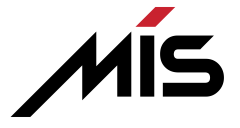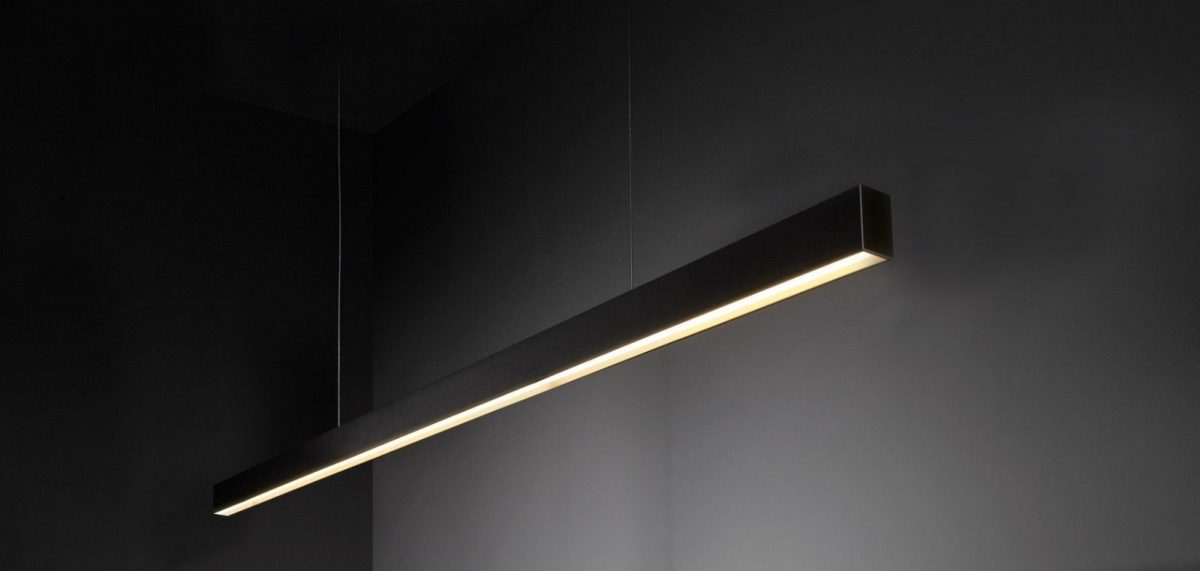Top 50 threads manufacturers in Pakistan with their contact information:
Note: Please advice us at [email protected] in case of any wrong information.
Coats Pakistan (Pvt) Ltd. Address: 3rd Floor, Lakson Square Building No. 2, Sarwar Shaheed Road, Karachi Contact: +92 21 35688001-10- Shams Textile Mills Limited Address: 7-B-3, Marina Homes, Aziz Avenue, Gulberg 5, Lahore Pakistan Contact: +92 (42) 35760381
- Liberty Mills Limited Address: A/51-A, S.I.T.E, Karachi Contact: +92 21 32578100-17
- Khas Textile Mills (Pvt) Ltd. Address:Khas House K-2/3 2/4 2/5, Choudhary Khaliq-us-Zaman Road, Main Gizri, Clifton, Karachi, Pakistan.Postal Code : 75600 Contact: +92-21 35824935-38
- Sapphire Fibres Ltd. Address: 7-A/K, Main Boulevard, Gulberg II, Lahore Contact: +92 42 111 000 100, +92 42 35750410
- Artistic Denim Mills Ltd. Address: Plot No. 5-9, 23-26, Sector-16, Korangi Industrial Area, Karachi Contact: +92 (021) 111 236 236
- Gul Ahmed Textile Mills Limited Address: Plot No. HT-1, Landhi Industrial Area, Karachi Contact: +92 21 111485485
- Bari Textile Mills (Pvt) Ltd. Address: 29-A, S.I.T.E, Karachi Contact: +92 21 32574224-7
- Interloop Limited Address: 20-KM, Sheikhupura Road, Lahore Contact: +92 42 37971801-5
- Nagina Group Address: 14 KM, Ferozepur Road, Lahore Contact: +92 42 35272681-6
- Alkaram Textile Mills Pvt. Ltd. Address: Plot No. 1 to 4, Sector 28, Korangi Industrial Area, Karachi Contact: +92 21 111-255-255
- Nishat Mills Limited Address: 7 Main Gulberg, Lahore Contact: +92 42 35717321-7
- Kohinoor Textile Mills Limited Address: 8th KM, Manga Raiwind Road, Lahore Contact: +92 42 35393421-3
- Masood Textile Mills Ltd. Address: Universal House, 17/1 New Civil Lines Bilal Road, Faisalabad Contact: +92 41 2617400-4
- Yunus Textile Mills Limited Address: H-23/1, Landhi Industrial Area, Karachi Contact: +92 21 35060551-5
- Crescent Textile Mills Ltd. Address: Sargodha Road, Faisalabad Contact: +92 41 111105105
- Lucky Textile Mills Ltd. Address: 6-A Muhammad Ali Housing Society, A. Aziz Hashim Tabba Street, Karachi Contact: +92 21 111-589-589
- Sapphire Finishing Mills Limited Address: 3.5 KM Raiwind Manga Road, Raiwind, Lahore Contact: +92 42 35393401-5
- Roshan Packages Limited Address: 341-A, Johar Town, Lahore Contact: +92 42 35955929-30
- United Thread Industries (Pvt) Ltd. Address: Plot No. 2, Sector 27, Korangi Industrial Area, Karachi Contact: +92 21 35052207-8
- Kassim Textiles (Pvt) Ltd. Address: 19-KM Sheikhupura Road, Lahore Contact: +92 42 36545200-3
- Colony Textile Mills Limited Address: Faisalabad Road, Jaranwala Contact: +92 41 4312601-5
- Siddiqsons Limited Address: DSU-23, Pakistan Steel Downstream Industrial Estate, Bin Qasim, Karachi Contact: +92 21 34750100-4
- Gadoon Textile Mills Limited Address: Gadoon Amazai, Swabi Contact: +92 938 271148-50
- Quetta Textile Mills Ltd. Address: 1088-B, Satellite Town, Gujranwala Contact: +92 55 3401294-7
- Chenab Limited Address: 21-KM, Faisalabad Road, Khurrianwala, Faisalabad Contact: +92 41 2401011-7
- Amtex Limited Address: Amtex House, 2-Rana Town, Lahore Contact: +92 42 35957366-69
- A.A. Spinning Mills Ltd. Address: 1st Floor, Mahmood Textile Building, Nishtar Road, Karachi Contact: +92 21 32212117-9
- Saritow Spinning Mills Limited Address: Jhang Road, Faisalabad Contact: +92 41 2402054-7
- Premier Spinning & Weaving Mills Ltd. Address: 1st Floor, Hasan Chambers, 32-Jail Road, Lahore Contact: +92 42 35786261-5
- Reliance Cotton Spinning Mills Limited Address: B-2, 3rd Floor, Lakson Square Building No. 3, Sarwar Shaheed Road, Karachi Contact: +92 21 35688071-76
- Mekotex (Pvt) Limited Address: F-62, SITE, Karachi Contact: +92 21 32575361-4
- Olympia Blended Fibre Mills Ltd. Address: 3rd Floor, Business Plaza, Mumtaz Hassan Road, Karachi Contact: +92 21 34322725-9
- Abtex Textile Mills Ltd. Address: 62-D/1, Gulberg III, Lahore Contact: +92 42 35785571-5
- Pahartali Textile & Hosiery Mills Address: 10th Floor, Lakson Square Building No. 1, Sarwar Shaheed Road, Karachi Contact: +92 21 35688011-20
- Metro Textile Corporation Address: 34/1, Sector 15, Korangi Industrial Area, Karachi Contact: +92 21 35050191-3
- Salfi Textile Mills Limited Address: 16-KM, Sheikhupura Road, Lahore Contact: +92 42 37971710-9
- Fazal Cloth Mills Ltd. Address: Akbar Road, Jhang Contact: +92 47 7613300-6
- Kamal Limited Address: 4th Floor, Building No. 2, Lakson Square, Sarwar Shaheed Road, Karachi Contact: +92 21 35688071-76
- Indus Dyeing & Manufacturing Company Limited Address: H-23/1, Landhi Industrial Area, Karachi Contact: +92 21 35073011-18
- TATA PAKISTAN Address: 42-Lawrence Road, Lahore Contact: +92 42 36367408-10
- S. M. Saeed Goreja Address: A/33-A, Sethi Plaza, Haji Adamjee Road, Karachi Contact: +92 21 32770621-22
- Zainab Textile Mills Limited Address: 39-KM Multan Road, Lahore Contact: +92 42 35425991-3
- Sargodha Spinning Mills Limited Address: 7A-K, Main Boulevard, Gulberg II, Lahore Contact: +92 42 35752002-3
- Gohar Textile Mills (Pvt.) Ltd. Address: Gohar Centre, 30-A, Queen’s Road, Lahore Contact: +92 42 36360941-45
- Nishat Chunian Limited Address: 31-Q, Gulberg II, Lahore Contact: +92 42 35757598-600
- Olympia Spinning & Weaving Mills Limited Address: Olympia Blended Fibre Mills, 3rd Floor, Business Plaza, Mumtaz Hassan Road, Karachi Contact: +92 21 34322725-9
- Feroze1888 Mills Limited Address: B-4, SITE, Karachi Contact: +92 21 32574465-8
- Gul Ahmed Textile Mills Limited Address: Plot No. 82, Main National Highway, Karachi Contact: +92 21 111-485-485
- Crescent Textile Mills Limited Address: Sargodha Road, Faisalabad Contact: +92 41 111-105-105
Photo by Wendy van Zyl: https://www.pexels.com/photo/selective-focus-photography-of-assorted-coloured-thread-spools-1212179/






